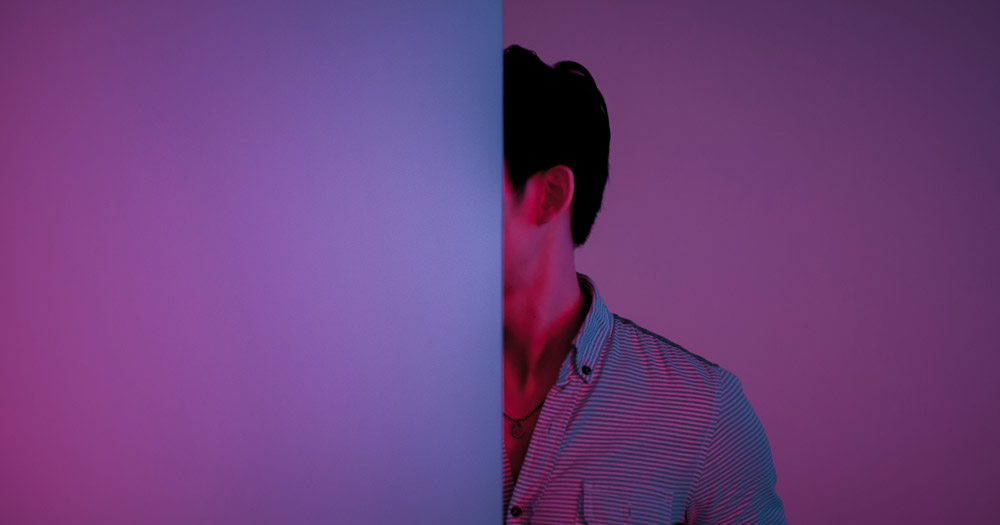Research presented at the 28th Annual St John of God Research Study Day found that there has been a rapid increase in the prevalence of people presenting with gender dysphoria. Further research also indicated that up to 50% of teenagers with mental illnesses receive no care after turning 18.
Professor Donal O’Shea, the consultant endocrinologist at St Columcille’s Hospital in Loughlinstown found that 210 people presented with gender dysphoria at the hospital last year, compared to 10 patients in 2007. This indicates a 2100% increase over the decade.
Speaking on the findings, Professor O’Shea said:
“We see the most positive outcomes for patients experiencing gender dysphoria when a holistic and better-paced transition journey is taken, with family support. I have observed patients who transitioned hastily, ultimately regretting the decision after irreversible treatment has taken place. The new national gender service has been established to address the rising prevalence of gender dysphoria and to ensure that those individuals who require the service receive the best possible holistic care.”
Additional research unveiled today demonstrated that almost half of teenagers experiencing mental illness are not being referred for psychiatric care when they reach 18. This includes teenagers with a broad range of mental illnesses including suicide ideation, eating disorders, depression and ADHD.
On these findings, Professor Fiona McNicholas, the consultant child and adolescent psychiatrist at St John of God spoke about the need to address the failure to provide mental health services for teenagers once they reach adulthood:
“Mental health disorders are established early in childhood and for many persist into adulthood. The interim results of the study highlight that by not transitioning adolescents with established mental illness to an appropriate mental health service, we are leaving vulnerable teenagers without the support and medical care required. Without treatment, progress and recovery is hampered.”

BeLonG To offer a number of mental health services to LGBT+ people. Full details are available here.
If you need urgent support, you can contact any one of the support services below.
The National LGBT Helpline: Confidential listening and support services. Monday-Friday, 7am-9pm. Call: 1890 929 539.
Samaritans: Confidential, non-judgemental support, 24 hours a day. Call: 116 123.
Pieta House: Specialised treatments to clients who self-harm, suffer from suicidal thoughts, or have made suicide attempts. Call: 1800 247 247.
© 2018 GCN (Gay Community News). All rights reserved.
Support GCN
GCN is a free, vital resource for Ireland’s LGBTQ+ community since 1988.
GCN is a trading name of National LGBT Federation CLG, a registered charity - Charity Number: 20034580.
GCN relies on the generous support of the community and allies to sustain the crucial work that we do. Producing GCN is costly, and, in an industry which has been hugely impacted by rising costs, we need your support to help sustain and grow this vital resource.
Supporting GCN for as little as €1.99 per month will help us continue our work as Ireland’s free, independent LGBTQ+ media.

